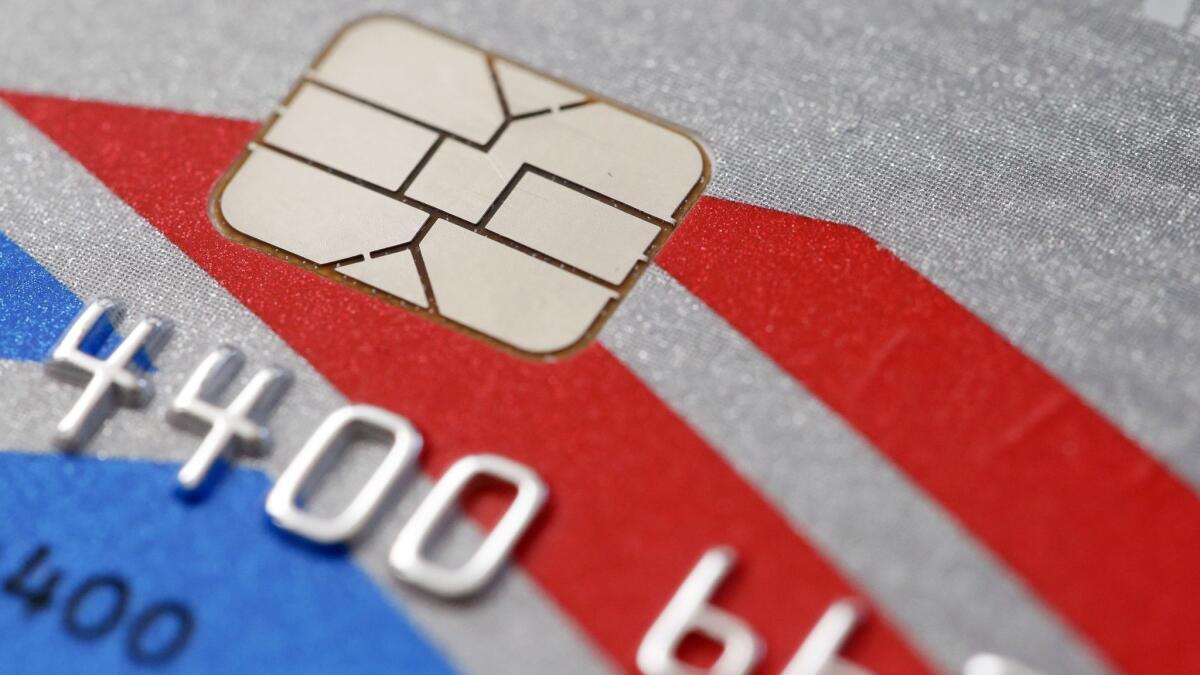How parents with less-than-stellar credit can help their kids get a credit card

Parents with less-than-perfect credit: You can still help your teenager or young adult child get a credit card and start building a strong credit history.
Your credit history isn’t shared
Your credit history and scores are yours alone. A person who shares an account with you shares only the history tied to that particular account. Spouses each have individual credit histories and scores, even if they share some accounts. The same goes for parents and children.
That’s why you don’t need perfect credit to give your child a leg up — you just need one credit card account in good standing. You can add your child to that account as an authorized user no matter what the rest of your credit history looks like.
The ideal account to share looks like this:
- You haven’t made late payments for seven years or more
- The balance is below 30% of the card’s limit. Below 10% is ideal
- The account is several years old — the older the better
- The credit card card issuer reports authorized users to the credit bureaus. (Most do.)
A few words of caution: Even if your child is an authorized user, you’re still the primary account holder, which means you’re responsible for the bills. And your child could damage your credit and his or her own by charging more than the limit. It’s up to you to set spending limits and clear expectations about whether and how you’ll be paid back for purchases.
After gaining some authorized user experience, your child can eventually get approved for a solo credit card. Eighteen-year-olds can qualify for their own accounts if they demonstrate significant income. Once your child turns 21, it’ll be easier for him or her to get approved for a student credit card.
If you don’t have a card in good standing
It won’t help your child to be added to an account with late payments, a high balance or that’s currently in default.
But you can still get your child started with credit by helping him or her apply for a secured credit card. These require a cash deposit, which is usually equal to the credit limit. Look for a secured card with low fees that allows users to transition to unsecured credit cards in the future.
Your child will need to build good credit over time, just like an adult. That means developing good financial habits so he or she doesn’t overspend. That also means keeping credit card balances low relative to available credit, keeping older accounts open and always — always — paying the bill on time.
Virginia C. McGuire is a staff writer at NerdWallet, a personal finance website.
More to Read
Inside the business of entertainment
The Wide Shot brings you news, analysis and insights on everything from streaming wars to production — and what it all means for the future.
You may occasionally receive promotional content from the Los Angeles Times.








